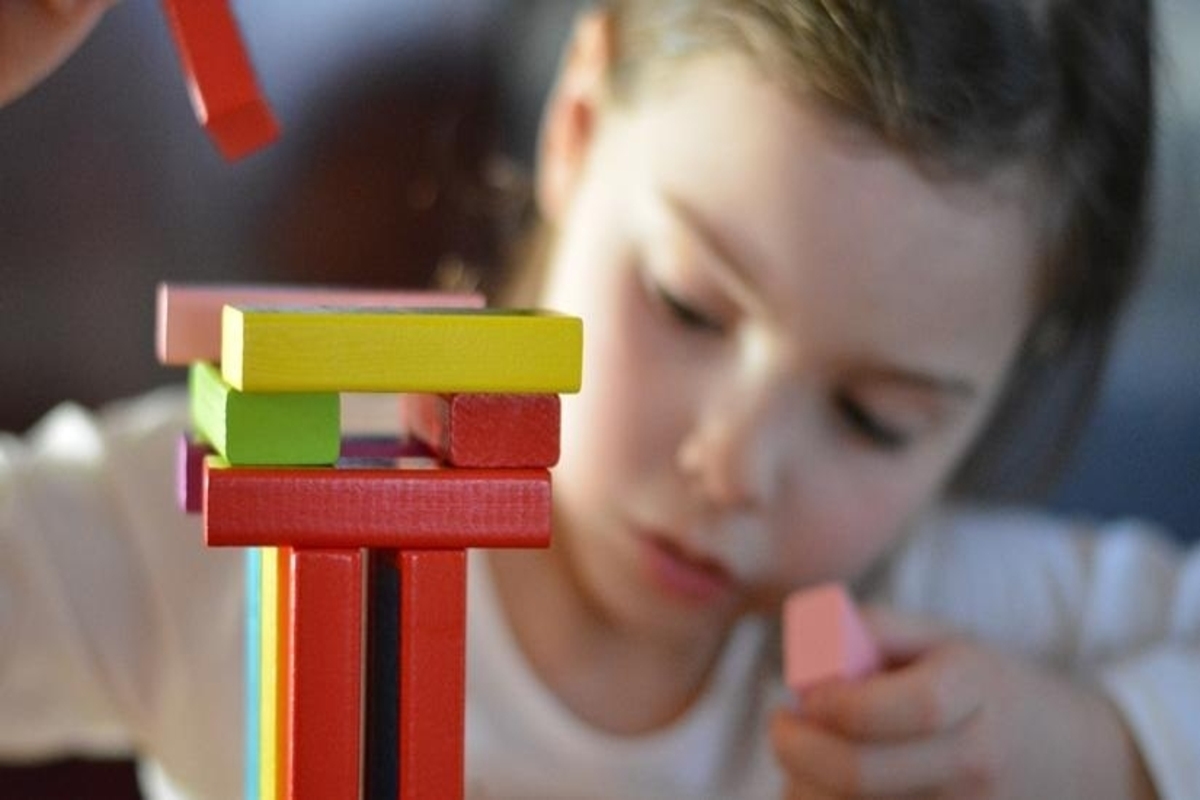It’s a poignant moment to reflect on the transformative shift in the world of toys—a shift from mere plastic playthings to the embrace of wooden and educational toys that can help your kid grow. This evolution underscores the crucial role that thoughtful toy selection plays in the holistic development of our little ones. In a world brimming with options, choosing the right toys for our children is more than just a matter of keeping them entertained – it’s about sculpting their minds, sparking creativity, and laying the foundation for lifelong learning.
Play is the language of childhood, and toys are the tools that facilitate this crucial form of expression. Every toy has the potential to become a building block in a child’s cognitive, emotional, and social development. It’s not merely about keeping them occupied; it’s about providing an environment where they can explore, discover, and learn.
Advertisement
Thoughtfully selected toys act as catalysts for various developmental milestones. From the first grasp of a rattle that enhances motor skills to the intricate problem-solving involved in assembling building blocks, each play session contributes to a child’s growth. It’s through play that they learn about cause and effect, develop fine and gross motor skills, and begin understanding spatial relationships.
Toys that encourage open-ended play are invaluable in nurturing a child’s creativity and imagination. These are the toys that don’t prescribe a single way to play; instead, they invite children to invent their own narratives and solutions. Whether it’s building structures with blocks, creating art, or engaging in role-playing, these activities foster a sense of autonomy and innovation.
Educational toys go a step further by seamlessly blending learning with play. From alphabet blocks that introduce language skills to science kits that make concepts tangible, and even engaging storybooks, these toys create an enriching environment for intellectual development. They instill a love for learning early on and lay the groundwork for future academic pursuits.
Toys also play a pivotal role in shaping a child’s social and emotional intelligence. Games that involve sharing, taking turns, and collaborating contribute to the development of crucial social skills. Say no to age-appropriate toys—say yes to skill and interest-appropriate toys. Choosing toys that align with a child’s individual skill journey is paramount. For instance, simple building blocks can introduce cooperation and sharing to toddlers, while more complex board games can enhance collaborative skills in older children. Dolls and action figures become companions in imaginative play, providing an avenue for emotional expression and empathy.
Selling more than 5 million toys over the last 10 years has taught us many things. What is age-appropriate? Each child is different and special—how can we offer the same toys to all children at the same age? Toy companies must only give suggested age groups as per toy safety. They should educate parents to pick up the right toy at the right time of their child’s individual skill journey. If a child requires more focus on motor skills, give them more toys that encourage motor skills.
In the pursuit of providing the best for our children, it’s essential to prioritize quality over quantity. A thoughtfully curated collection of toys that align with a child’s developmental stage ensures a more meaningful and impactful play experience. It’s about creating an environment that nurtures their natural curiosity and encourages a love for exploration.
As parents, caregivers, and educators, we hold the key to unlocking a world of possibilities for our children through the toys we choose. Let’s embrace the responsibility that comes with this role by making choices that contribute not just to their joy but to their enduring development. After all, it’s not just about the toys; it’s about the futures we’re helping shape—one play session at a time. That’s why we say play to grow.











